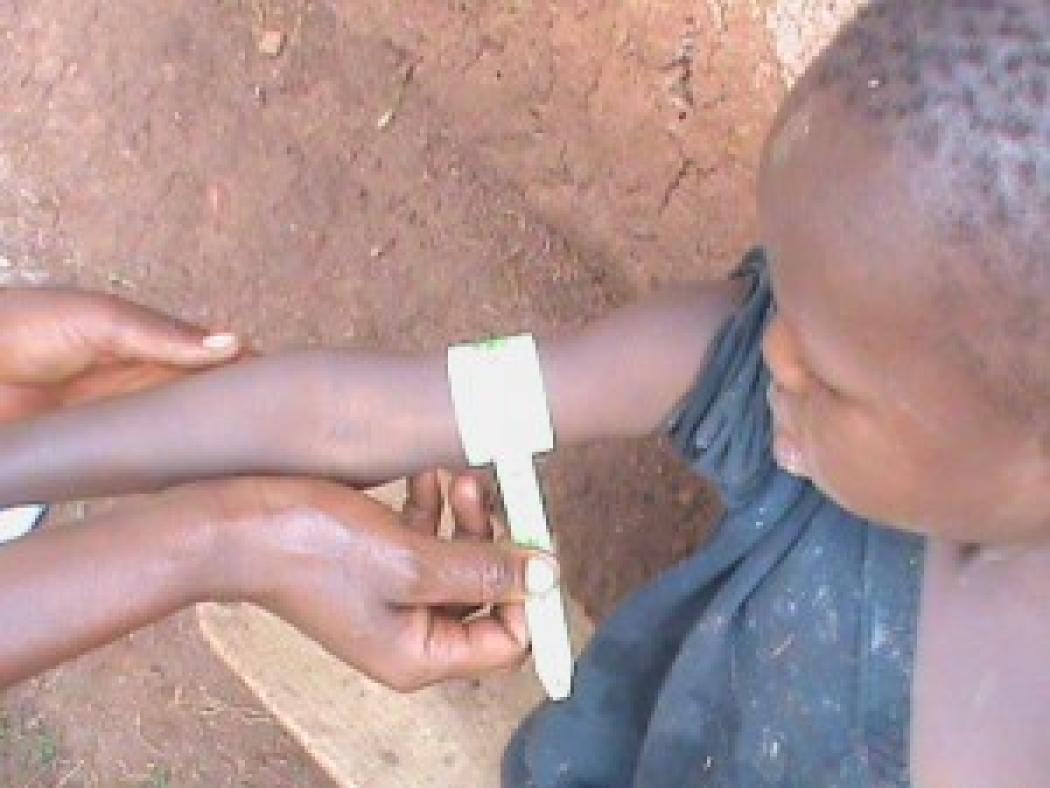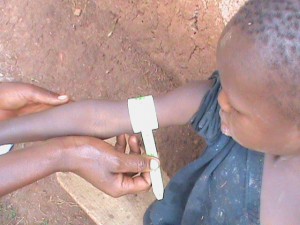The Movement For Change

By: Nargis Shirazi, Women Deliver 100 Young Leader
Photo By: Women Deliver
It is a cold rainy day, and a pregnant mother’s water has just broken. A young man stares at the pouring rain hitting the muddy path and sighs. He has no way of getting his wife to the health center that is a two hour walk from his mud-thatched house. He has no money, his bicycle tires are worn out, and they both have no idea what to do! She dies as a result of obstructed labor.
A couple of years later, a 27 year-old lady awakes to the cold morning mist in Isingiro district, Uganda. She eats her breakfast and looks into her backpack to ensure that she has all the supplies she needs. She walks down the hill to start her household visits. She is a community health worker (CHW) for the Ruhiira Millennium Villages. This lady is a link between the community and the health centers.
I spent a year working with the Ruhiira Millennium Villages project, and I learned many things. I used to hear about how difficult it was for pregnant mothers to travel to health centers, but never had I seen just how long the distance would be! For some, this means walking across hills, running down slopes, jumping streams and walking past swamps—thus preventing many pregnant women from accessing health centers on a regular basis.
The CHW is the extension of health services to the household. The pregnant household member appreciates the fact that she can visit the health center even when she is away from it. The CHW promotes the use of birthing plans, intermittent preventive treatment of malaria during pregnancy and infancy, anti-retroviral (ARV) usage to prevent mother to child transmission of HIV, referrals for emergency care, and even the provision of postnatal counseling to promote breastfeeding.
I also learned during my time at the Ruhiira Millenium Villages that this approach is not just a system, but a movement! It is empowering the local communities to take responsibility for their people! It is changing the lives of children under five; it is saving pregnant mothers; and it is inspiring communities to take charge of their very own! In a world where the rural community still follows traditional health practices, there is only one way to encourage community members to seek care in a health center. Culture and belief play significant roles in behavior, and the CHWs have played an even bigger role in linking communities to the health centers by understanding group dynamics and by being empowered to influence the community as a whole!
John Museveni, a senior CHW, smiled as he told me about the visible results of Ruhiira’s approach:
I have seen a change in this community ever since we started working with the health centers. We do growth monitoring, use rapid diagnostic tests for malaria, and promote family planning and healthy behaviors, to name but a few. We have supervisors and are trained by health worker personnel on danger signs, counseling, how to carry out household visits. We are saving lives!

